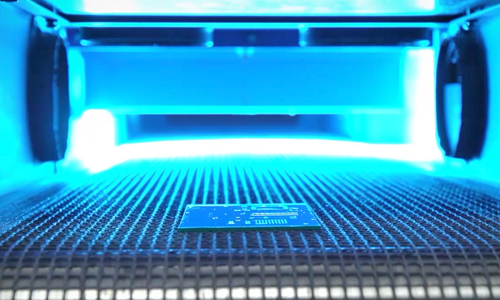It’s a widely held belief in the coatings industry: the smoother the feel, the stronger the scratch resistance. From a physics standpoint, this idea isn’t unfounded.
Read MoreUV varnish—also known as UV clear coat—is a transparent liquid applied by spraying, roller coating, or inline printing.
Read MoreVacuum Metallization is a surface treatment technology that applies a thin metallic coating to plastic parts under high-vacuum conditions.
Read MoreIn consumer electronics, automotive interiors, and small appliances, surface feel plays a decisive role in perceived product quality.
Read MoreUV Conformal Coating is engineered to protect printed circuit boards (PCBs) with assembled electronic components. After application, it forms a thin and uniform protective layer that shields circuits from moisture, mold, salt spray, and chemical corrosion, ensuring stable performance even in harsh environments.
Read MoreUV peelable adhesive is a UV-curable solution developed for temporary surface protection where clean removal is essential.
Read MoreIn UV inkjet printing, most technical issues originate from ink formulation and material compatibility.
Read MoreBehind every premium privacy screen lies a UV privacy adhesive system designed to block side viewing while keeping the display bright and crystal clear.
Read MoreHigh-Refractive-Index UV Optical & Transfer Adhesives
Read MoreUV peelable adhesive is a UV-curable coating designed to provide reliable temporary protection during processing, assembly, and transportation.
Read More
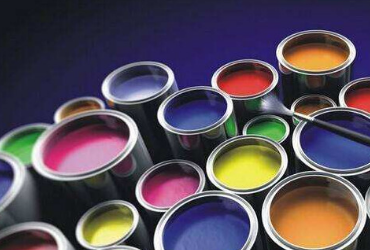
2022-08-03
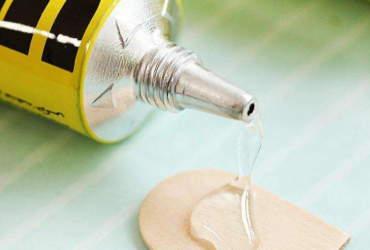
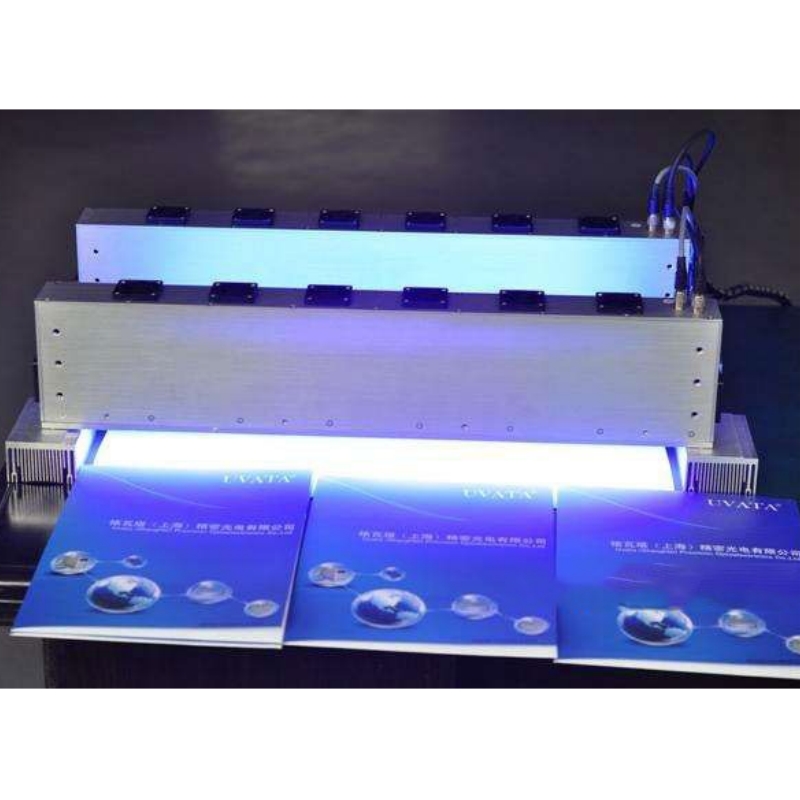
2025-01-06

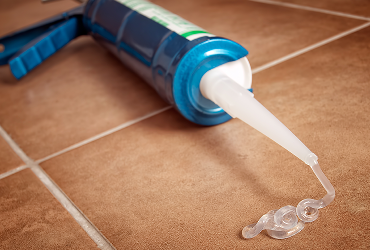
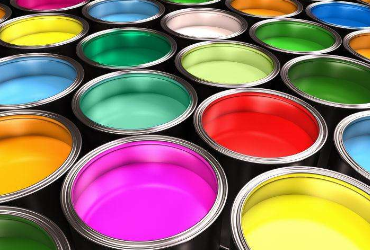
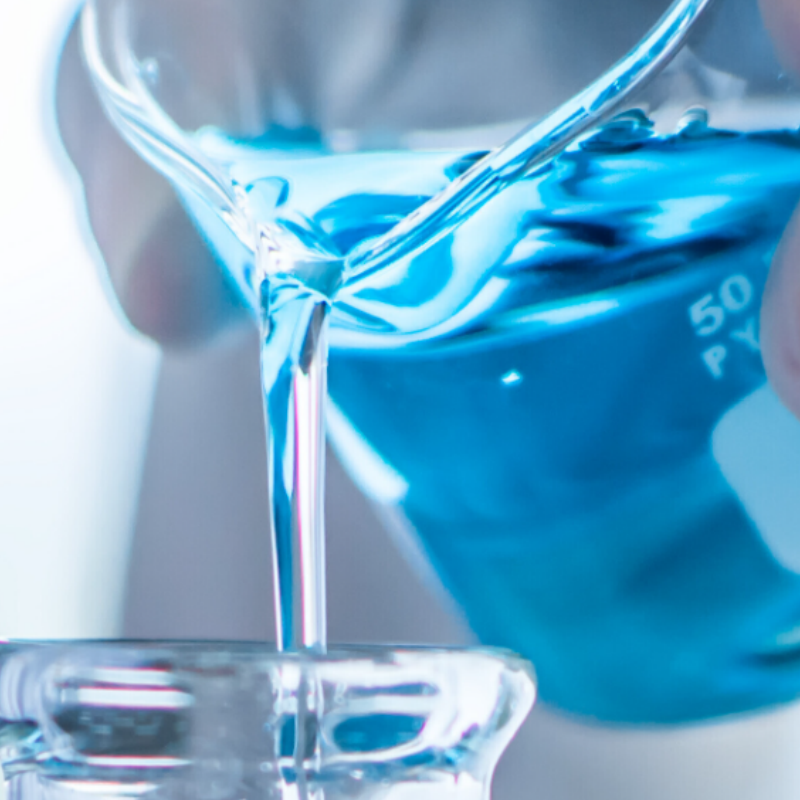

2022-07-06
